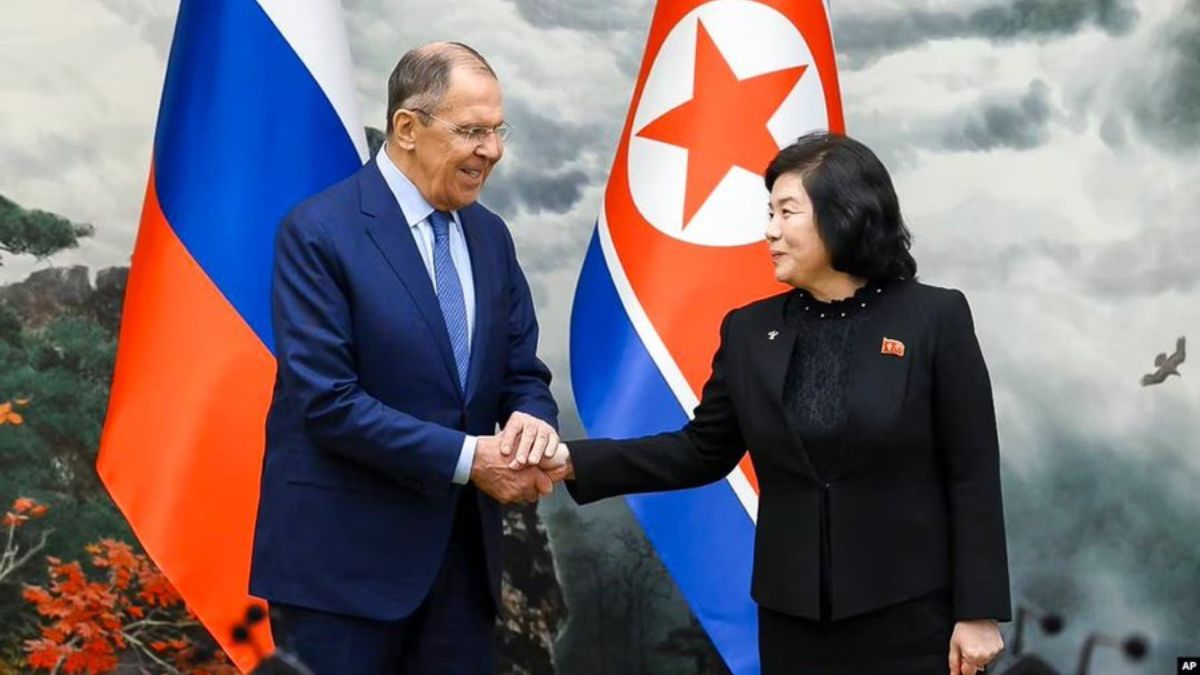On September 17, 2024, Russian Foreign Minister Sergey Lavrov and his North Korean counterpart, Choe Son-hui, are scheduled for a brief yet significant meeting in Moscow. This high-level encounter underscores the continuing diplomatic engagement between Russia and North Korea, amid escalating global tensions and shifting geopolitical dynamics.
The meeting is poised to address a range of bilateral issues and strategic interests. The agenda is expected to cover key topics such as economic cooperation, regional security, and diplomatic relations. Analysts suggest that discussions will likely focus on reinforcing economic ties and mutual support in international forums, reflecting both countries’ strategic interests in counterbalancing Western influence.
In recent months, Russia and North Korea have sought to strengthen their alliance amidst increasing international scrutiny. For Russia, bolstering ties with North Korea aligns with its broader strategy of cultivating relationships with nations that challenge the Western-dominated international order. Meanwhile, North Korea views this relationship as crucial for mitigating the effects of international sanctions and securing support in the global arena.
This meeting also comes at a critical time as both nations navigate complex regional challenges. For Russia, the geopolitical landscape is marked by its ongoing conflict with Ukraine and its contentious relations with Western powers. North Korea, on the other hand, faces heightened international pressure due to its nuclear ambitions and recent provocations.
While the specifics of the outcomes of today’s meeting remain closely guarded, the encounter signals a continuation of the strategic partnership between Russia and North Korea. The engagement reflects a broader trend of countries seeking to bolster their positions through alliances in a rapidly evolving global environment. As the world watches closely, the implications of this diplomatic dialogue will likely reverberate through the corridors of international diplomacy.

